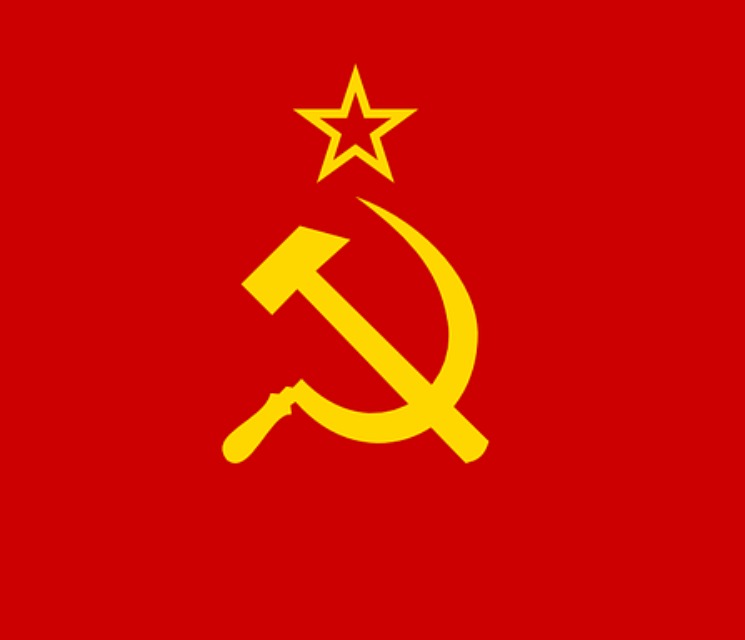The Commission developed this report to help interested persons and organizations participate in exchange programs with the Soviet Union and the countries of Eastern Europe: Poland, East Germany, Czechoslovakia, Hungary, Romania, and Bulgaria. It lists organizations which conduct exchange programs and other contacts with these countries.
The parties to the Final Act of the Conference on Security and Cooperation in Europe declared their intention to expand cooperation in security, economic, humanitarian, information, culture, and education affairs and to respect and put into practice certain basic principles, including those of human rights. The Final Act was signed in Helsinki on August 1, 1975, by 35 heads of state or government, including the United States, Canada, and every state in Europe except Albania.
The Commission on Security and Cooperation in Europe (Helsinki Commission) was created as an independent government agency in 1976 to monitor compliance with the Final Act and to encourage U.S. governmental and private programs to expand East-West economic and cultural cooperation and exchange of people and ideas.
In the Final Act, the signatories express the view that cultural exchanges and development of relations in education and science contribute to the strengthening of peace, better mutual under standing, and enrichment of the human personality. In the Com mission’s view, exchange programs with the Soviet bloc countries break down barriers and lessen distrust. They help Americans learn about the views and goals of these societies. Such programs help expose the peoples of these countries to the values and goals of our pluralistic society. Critical to such programs is that Americans are given the opportunity to tell the Soviets and their allies on a personal level about their concern for human rights and fundamental freedoms.










